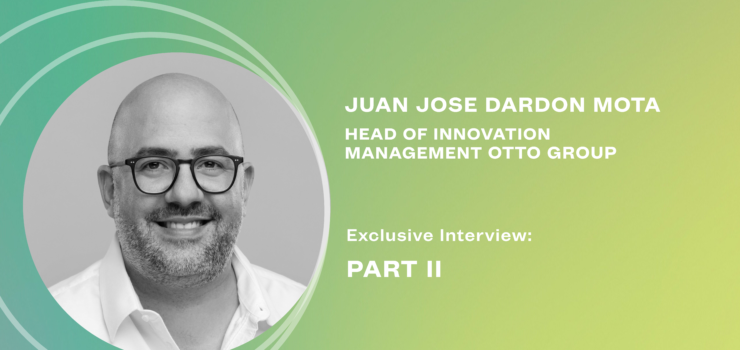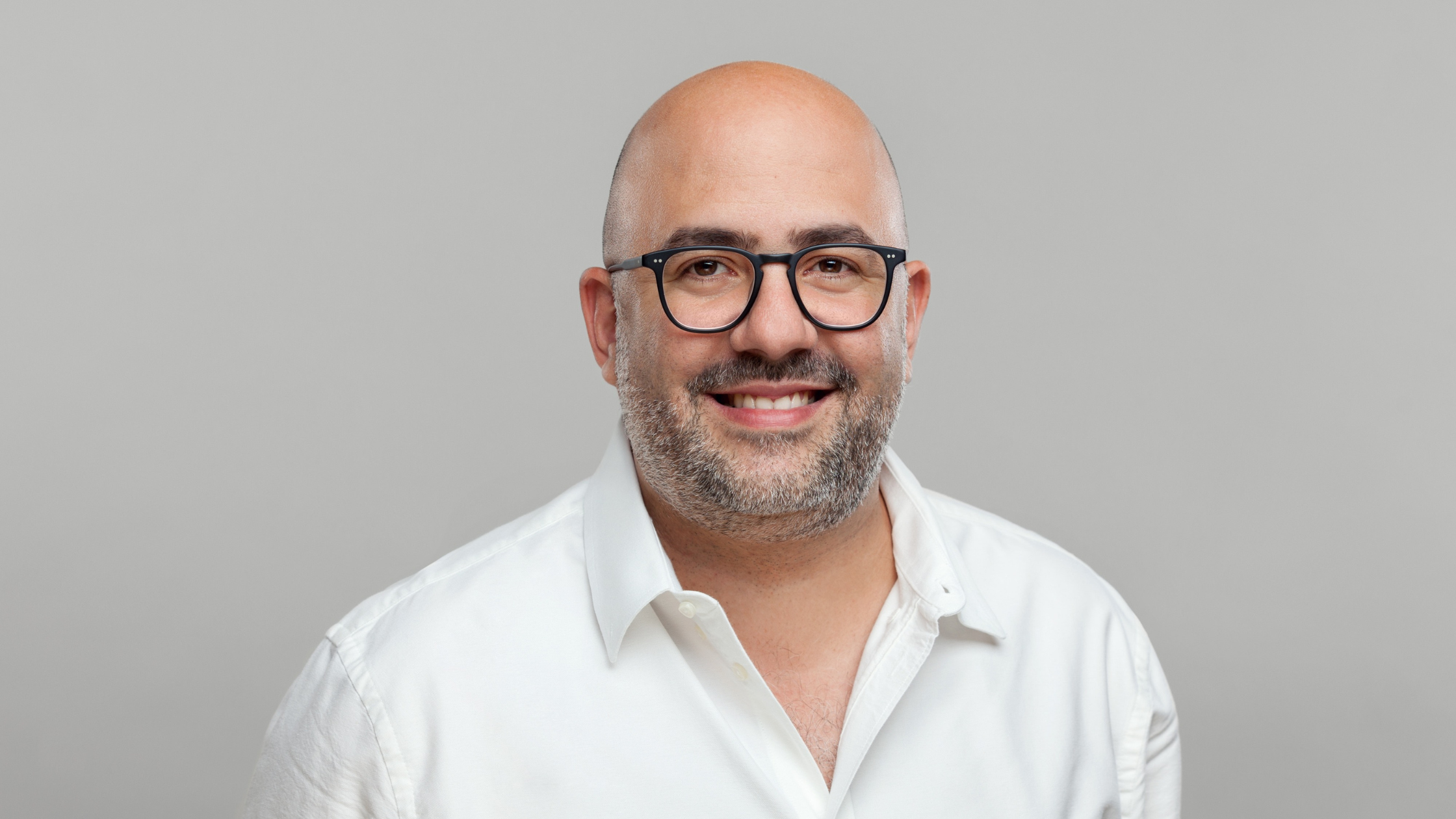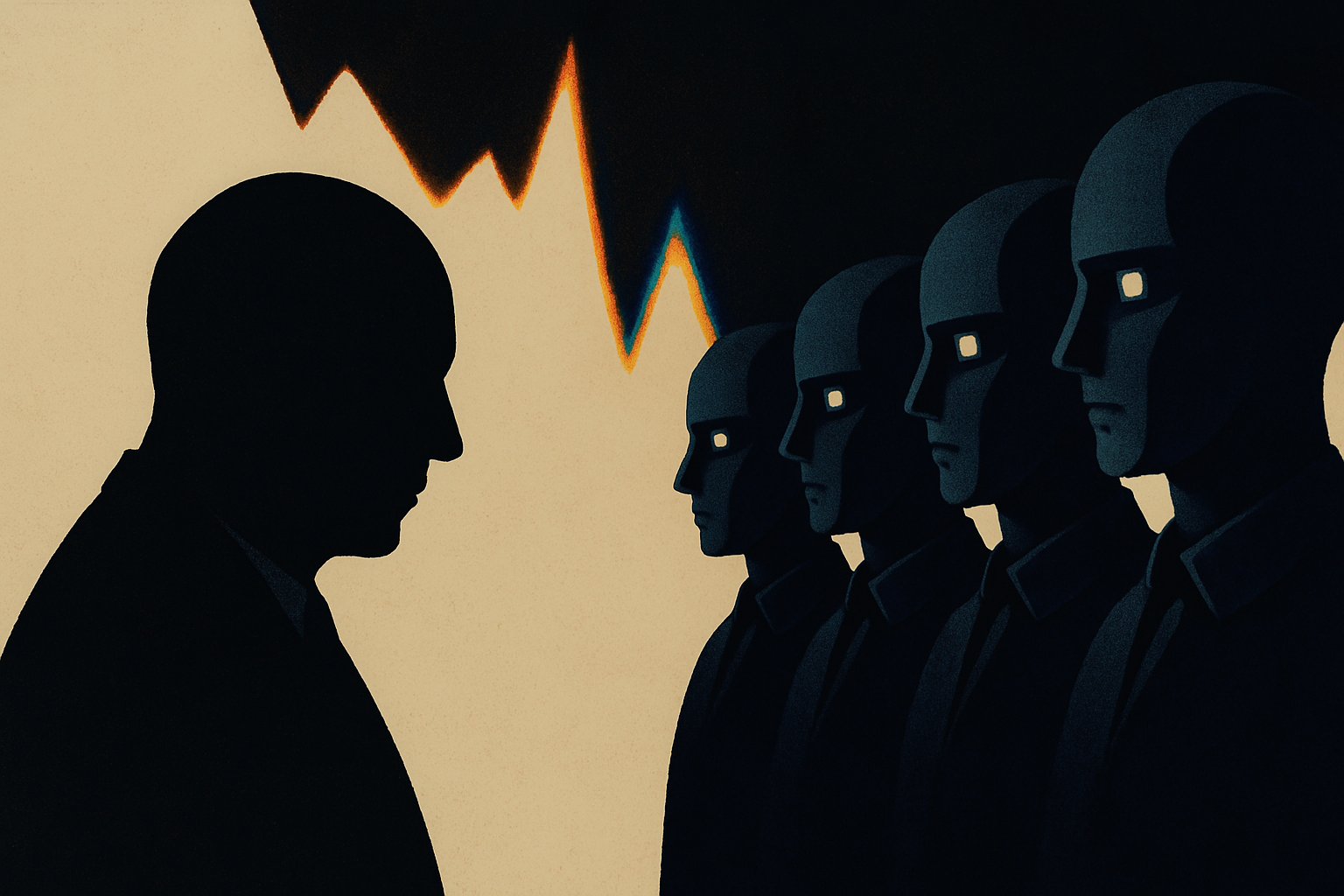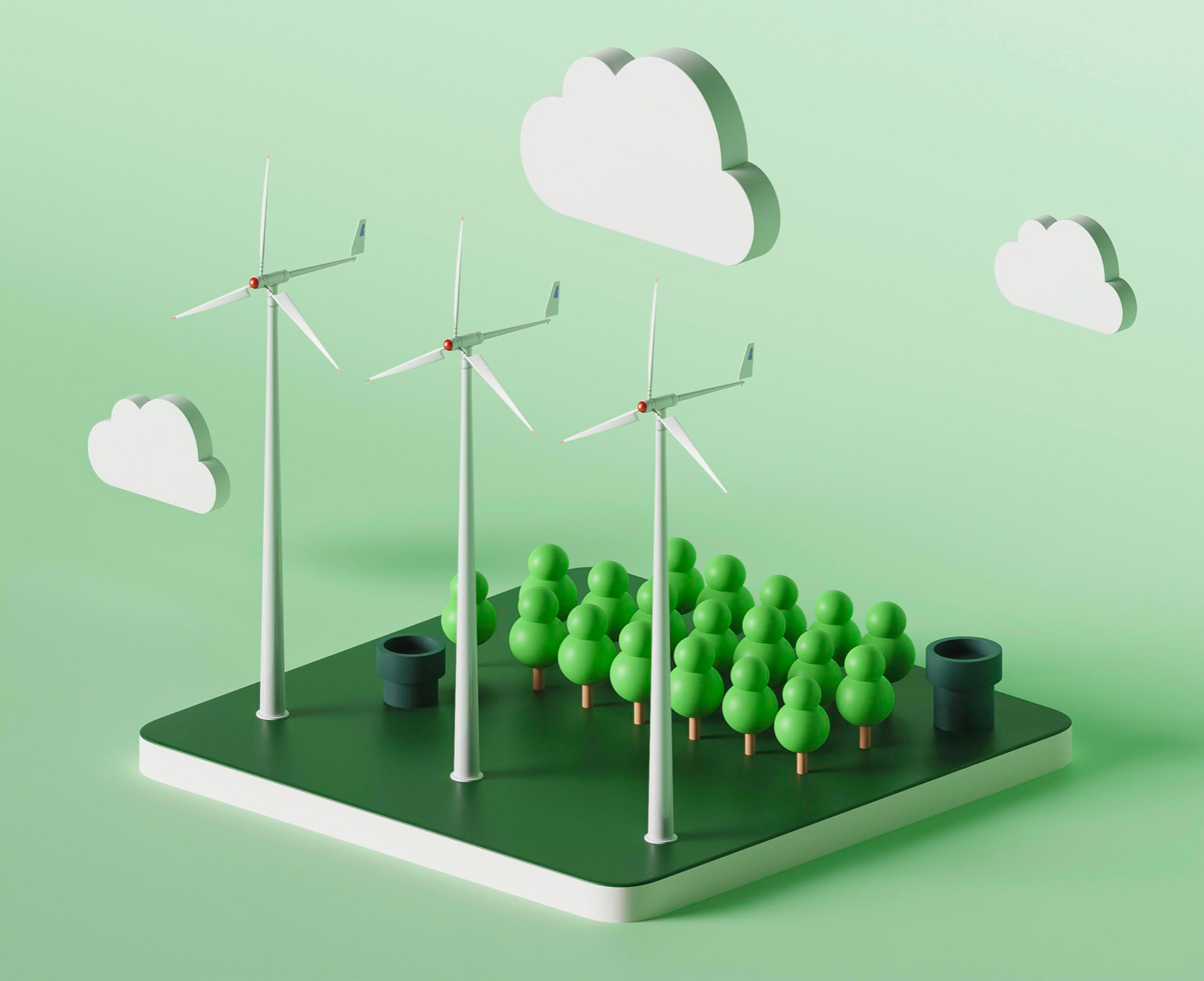Article

Scale Responsibly to Keep Your Brand Intact: Interview with Otto Group’s Head of Innovation Management, Juan Jose Dardon Mota (Part II)
Meeting the needs of the present without compromising the ability of future generations to meet their own has become one of the top priority challenges of today. For a long time, environmental impact had been the main focus for many organizations, but sustainability requires consideration of all environmental, social and economic issues. Luckily, people nowadays are becoming more and more conscious, and the trend of considering sustainability as a critical factor in everyday purchasing decisions is just growing.
Hence, organizations’ long-term growth and success highly depends on their ability to act responsibly.
At Otto Group, a sustainability mindset is anchored in the Otto family roots. By deploying responsibility in all strategic moves, the company has managed to provide value and keep their brand intact throughout the years.
In the second part of the interview with Otto Group’s Head of Innovation Management, Juan Jose Dardon Mota, we dived deeper into the topic of sustainability, and we discussed its role in achieving long-term success.
Read the interview to learn how Otto Group practices ‘Responsible commerce that inspires’.
1. What is the role of sustainability in your company’s strategy, and how does that affect the culture and people’s mindset?
Otto Group’s sustainability mindset is deeply anchored in the Otto family roots and has been, through the years, instilled in the DNA of our company culture. The Group had set out on a path, the Otto Group Path, which defines our vision: Responsible commerce that inspires. This path represents a set of values among which sustainability plays a critical role. So taking responsibility for our planet, our kids, our future, etc., is infused in the mindset of our employees. For example, the Otto Campus has been partially rebuilt to have a minimum footprint. Over and above, there are plenty of internal initiatives privately organized by colleagues who would gather together to plant trees, clean the streets, etc.
We also have the Holistic Foundation, founded by Benjamin Otto and his wife Janina Lin, where all employees are encouraged to contribute with their support. The foundation aims to holistically approach various challenges that are key to a happier common future.

2. What are some sustainability-related projects or initiatives that you currently run in Otto Group?
Different sustainability initiatives run in each of the companies within the Group. Most of them are part of the operations processes of each company, especially our shops, as they all strive to diminish the footprint and ensure sustainable supply chains. For example, the Otto shop collaborates with Traceless Materials to enable sustainable packaging. Another example is the usage of e-bikes for delivery.
The role of the group’s innovation management team is to provide support where needed, especially for projects where there is a direct customer impact.
We also run internal hackathons or discovery events that generate sustainability ideas. Therefore, the companies that see a fit with their roadmaps and current operations take the initiatives over.
3. What is your approach to the social aspect of the supply chain?
Otto started away earlier than most of the German industry players regarding its production of products. On the one hand, we have the Otto brand, where we only sell our products. From the start, the brand had transparency in the supply chain and production for the footprint calculations and social responsibility. Everything from the location of the factories to who they are hiring has been monitored by a dedicated team in the CSR unit.
On the other hand, we have the Otto marketplace, where we have third-party product resellers for which we have no direct access to information on where the products are coming from. So, one of the roles of our teams is to develop the tools necessary to do the monitoring. Many items already have the CO2 footprint embedded in the description, and our teams are working on expanding this type of transparency to the social aspect of the supply chain.
Many companies in Germany are not doing enough due diligence on their supply chain. The process takes a lot of effort; whole teams are working on that. And while this creates intrinsic value for the customers and the company, the monetary value is not directly seen in sales. Therefore, I’m also glad to see that our country is taking the necessary action to make the needed change. Under the German Supply Chain Due Diligence Act, in effect January 1, 2023, companies must take responsibility for the actions of all their supply chain partners — from suppliers of components to the businesses that further process or sell the products manufactured.

4. What is your piece of advice for entrepreneurs and intrapreneurs on involving the sustainability aspect in their product building and innovation processes?
It is often a mentality thing and a question of when you want to reach success. So if you are into building something where you aim for a fast exit, sustainability is often not considered. But, the new generations shift to different habits, and we can already see a more conscious behaviour. I still remember very well the day when we changed the way garbage bins were organized at school. That mentality is now ingrained in German society, and when my kids grow up and get their credit cards, they will be the ones making purchasing decisions, and that will make a lot of difference.

So, when you set up your company, the more sustainability transparency you provide, the better off you will be. Of course, you can not control everything, but everything you can manage, adapt and measure that can benefit your business in the long run, will help you. People are more conscious today than ten years ago, and that trend will only increase. They will search more and more for sustainable products. In that regard, I believe that for every founder right now, it is essential to decide how to include this aspect in their vision from the beginning.
If you interested in learning more about how Otto Group leverage innovation and digital transformation to scale, read the first part of the interview with JJ here.

About Juan Jose Dardon Mota
Juan Jose Dardon Mota (42, JJ for short) is Head of Innovation Management in the Otto Group. Born in Guatemala, he has almost 20 years of experience in product management. After beginnings at guenstiger.de, JJ landed in the Berlin start-up world. He spent ten years building and managing product teams for various startups from Axel Springer, Rocket Internet and Finleap.
JJ now lives in Hamburg-Volksdorf with his wife and two young sons, loves FC Barcelona and Metallica, and enjoys spending his vacations in Andalusia, his mother’s homeland.
About Author
Elena Dimoska is a communications & marketing enthusiast with great passion to communicate value in a way that reinforces business success beyond revenue growth.
One of her missions as part of TrueNode is to internalize the topic of innovation and digital transformation in large enterprises and to help more well-known brands leverage innovation to make impact. For that purpose, Elena is interviewing innovators from well-established brands across Germany and Europe.






